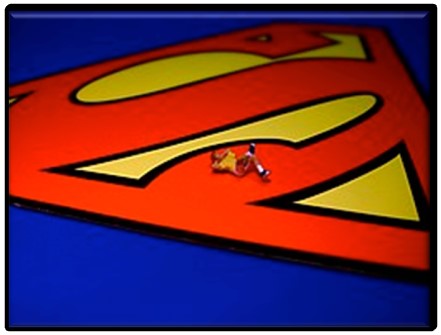
photo by John Hancock
Everybody Needs a Hero
The Board of Directors
I still remember the day. Walking into Dave’s office I noticed a big redwood burl on his desk covered with small photos. Looking closely, I recognized the likes of politicians, celebrities, scientists, and Nobel prize winners. Mother Theresa was hanging out with Albert Einstein and Aretha Franklin was in there also. It was a marvelous piece of art and the only thing that could have made it better for me was if he included a photo of Janis Ian. There seemed to be about 20-30 photos. When I asked him about it, he looked at me and said “These are my board of directors”. The nerd in me just kept thinking “How cool is that – I’m going to steal this idea!” I think of that day often and it still makes me smile.
Finding Your Hero
During our lifetime, we travel many paths, and the people we meet along the way help us shape them. Sometimes their contribution is overt, like a mentor who can show you the ropes. Other times it’s more subtle, like realizing someone has inspired us to try harder. Sometimes it starts right from birth. We rely on our family, friends, and colleagues for direction and influence. even though we may not realize their impact.
Causal encounters also help to shape our paths because every interaction affects our goals and aspirations in sometimes subtle but significant ways. Our paths change because our experience is affected by the experience of others. It may be the way we think about something or how we learn a new skill. It doesn’t matter. When the encounter is profound, we’ve found a new hero. The trick is to use our powers for good because not every influence is a good one.
OK, so what does having a bunch of pictures on a board have to do with being a good leader? For me, it gives me a way to help my clients build confidence in who they are and what they are trying to do. Instead of creating a board of directors to guide them, I use the same idea to have them create 4-6 people that they admire. Once they identify their heroes, we talk about why. In one instance, I had a manager name Indira Gandhi, Neil Degrasse Tyson, Oprah Winfrey, and Steve Jobs. Her reasons were strength, intelligence, compassion, and vision respectively. She knew what made her heroes important to her but she couldn’t see these characteristics in herself. Not a problem, I had a way to show her.
How it Works
Think about it, you have people that you admire but you can’t imagine you could ever be like them. My solution is pretty simple. Don’t try to be like them. Just be them. Your team member needs to improve but is unwilling to do anything about it. Step aside and let the Prime Minister handle it. Channel her strength, walk in her shoes and find the courage you believe she would have in dealing with the issue. Maybe your team is working on a research project and needs your guidance, Let Dr. Tyson lead the way, get your vision from Steve Jobs and channel Oprah to seek the enthusiasm to get you going. It’s ok to let your heroes run the show while you investigate how they do it.
OK, you may be wondering who has time for playacting when you’re trying to get things done, but trust me. So many of us suffer from the imposter syndrome trying to figure out what we’re supposed to do that I believe identifying and channeling our heroes allows us to develop skills and mindsets from a safe space. The fact is these people have already influenced you but you haven’t thought about how and you certainly haven’t channeled their powers. Go. I challenge you to be the hero you admire. If you do, you just might find the hero in yourself.
Thanks for posting this thought provoking blog, Vikki. At the end when you are talking about letting your hero’s take over, it reminded me of the concept of “fake it till you make it!”.